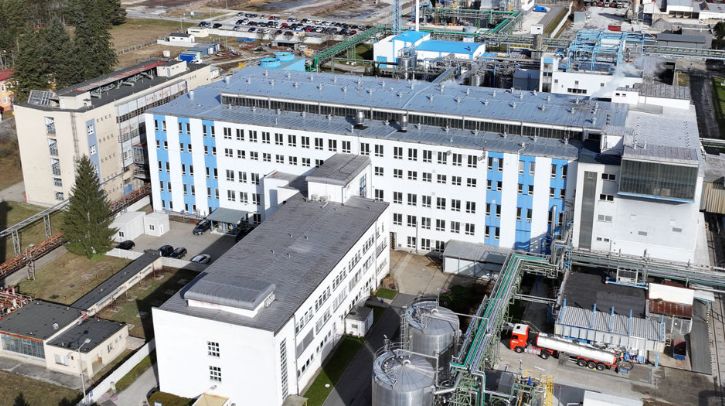Evonik and AMSilk have deepened their collaboration with a long-term agreement to produce sustainable silk proteins on an industrial scale. Building on their initial manufacturing agreement from 2023, the companies have commissioned a manufacturing line at Evonik’s Slovakian site for AMSilk’s high-performance silk. This biomaterial is produced with minimal environmental impact and is designed for use in premium fashion and highly demanding automotive interiors.
“Our collaboration with AMSilk is a powerful example of how together we can shape the future of materials through biotechnology. By scaling production of sustainable silk proteins, we are not only expanding our portfolio of precision biosolutions, we are creating solutions that enhance life and redefine what’s possible,” said Guido Skudlarek, head of the healthcare business line at Evonik.
Evonik has established a dedicated production line at its biotech production hub in Slovakia. Equipped with advanced infrastructure, upgraded systems and renewable energy, the facility enables consistent monthly output of several tons of AMSilk’s high-performance silk proteins. Tailored to AMSilk’s process requirements, the line meets certified industrial quality standards for spinning-grade biomaterials and supports the company’s market entry phase.
Ctibor Kohutovic, chief production officer at AMSilk, added, “Building on our earlier successful cooperation with Evonik as a trusted partner, we have signed this agreement and jointly designed a dedicated, specialized manufacturing line for the precision fermentation of AMSilk’s biomaterials, providing increased output and efficiency alongside reduced material unit cost. This lays the foundation for the next phase of our growth while ensuring reliable supply for our customers.”
AMSilk transforms the silk protein powder produced by Evonik into high-performance yarns that offer high production quality and regulatory compliance, including full supply chain transparency from European manufacturing. AMSilk’s biomaterials are designed with sustainability at their core. Vegan, biodegradable and derived from renewable plant-based carbon, these biomaterials leave no microplastics at the end of their lifecycle.
In related news, Innovera’s Dry White receives C2C certification



